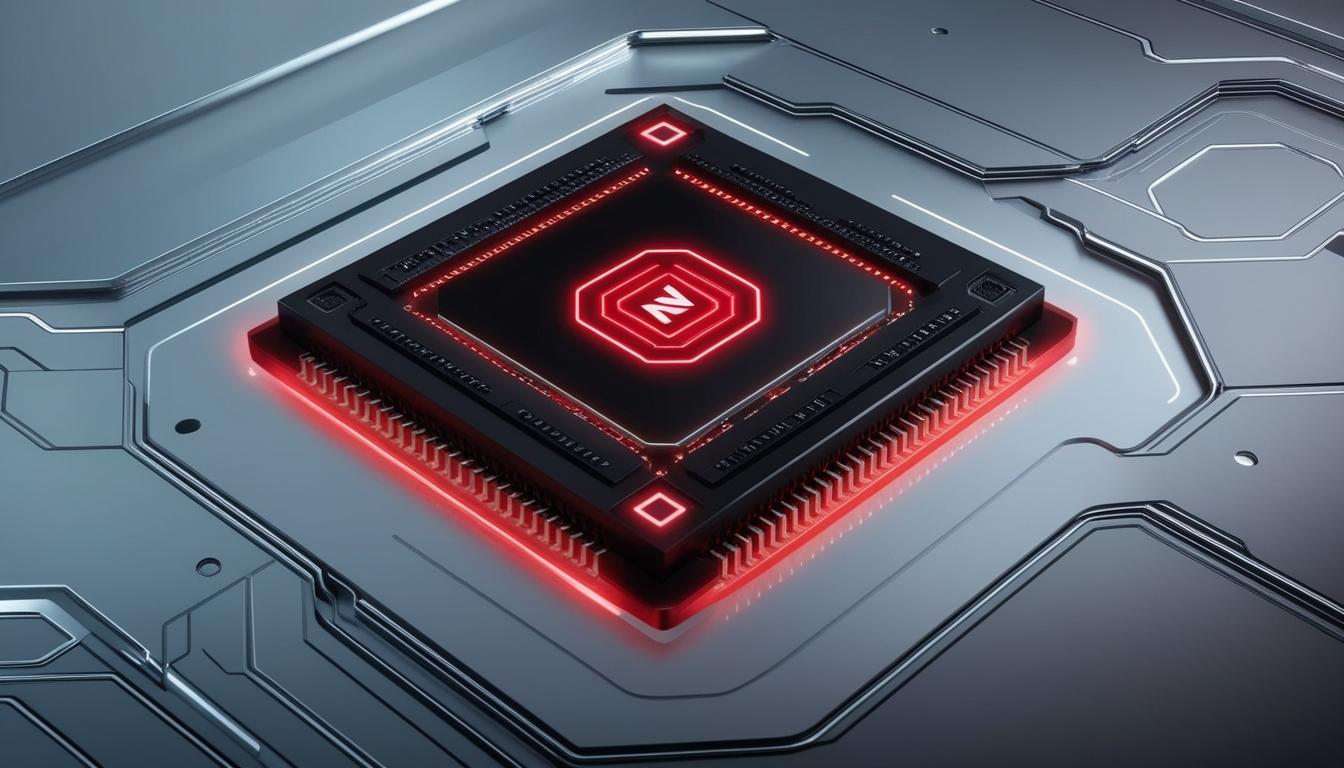Nvidia has recently made headlines at the Consumer Electronics Show (CES) 2025 in Las Vegas, where CEO Jensen Huang presented significant advancements in the company's gaming chips and robotics technology. Following his keynote address, Nvidia's shares saw a 1.7% increase, reaching an all-time high of $151.94 on Tuesday morning.
During his address, Huang highlighted the launch of the GeForce RTX 50-series chips, which utilise the Blackwell architecture synonymous with Nvidia's artificial intelligence (AI) processors. Boasting double the speed of their predecessors, these new gaming chips are designed for various configurations and will be preinstalled in computers priced between $550 and $2,000, with shipments expected to commence in March 2025. "Can you imagine, you have this incredible graphics card, Blackwell – I’m going to shrink it and put it in there," Huang remarked while demonstrating the laptop equipped with the new chips.
In addition to the gaming advancements, Huang hinted at impending developments in robotics technology, stating that a "ChatGPT moment for general robotics is just around the corner." He introduced an innovative AI model named Cosmos, which aims to generate training videos for robots and autonomous vehicles. This model promises to significantly reduce the costs associated with traditional training methods, which typically involve costly real-world data collection. “All of the enabling technologies that I’ve been talking about is going to make it possible for us in the next several years to see very rapid breakthroughs, surprising breakthroughs in general robotics,” Huang added.
The CES 2025 event was marked by an unprecedented focus on robots and AI features, showcasing Nvidia's ambition in these sectors. The company has recently experienced exponential growth, with a market capitalisation surpassing $3.5 trillion and becoming the world’s most valuable company as of November 2024. Nvidia has increasingly shifted its focus from gaming sales—now accounting for less than 10% of total revenue—to AI chips for data centres, which have seen dramatic growth, doubling for six consecutive quarters.
The newly announced RTX 50-series gaming chips are not only expected to enhance graphics with higher frame rates and improved human facial rendering but are also optimised for running AI models. Justin Walker, Nvidia's senior director of product, stated during a recent press call, “While we are now an AI company as well as a gaming company, our gaming side still benefits tremendously from the fact that we are an AI company.”
In a further expansion of its innovations, Nvidia unveiled its first desktop computer, Project DIGITS, targeted at AI developers. Priced at $3,000, this machine will allow developers to efficiently test and run their software using Nvidia's customised Linux-based operating system.
Meanwhile, Nvidia is also forging partnerships in the automotive sector, specifically with Toyota. The company’s Orin chips and automotive operating systems are set to be integrated into advanced driver assistance systems in Toyota vehicles. As Nvidia forecasts substantial revenue growth in the automotive sector, estimating $5 billion by fiscal 2026, this collaboration signifies a strategic move towards harnessing AI in the automotive industry.
Overall, Nvidia's presentations and product announcements at CES 2025 illustrate its commitment to driving future trends in AI automation and its expansive applications across gaming, robotics, and the automotive industry, shaping the future of technology in significant ways.
Source: Noah Wire Services
